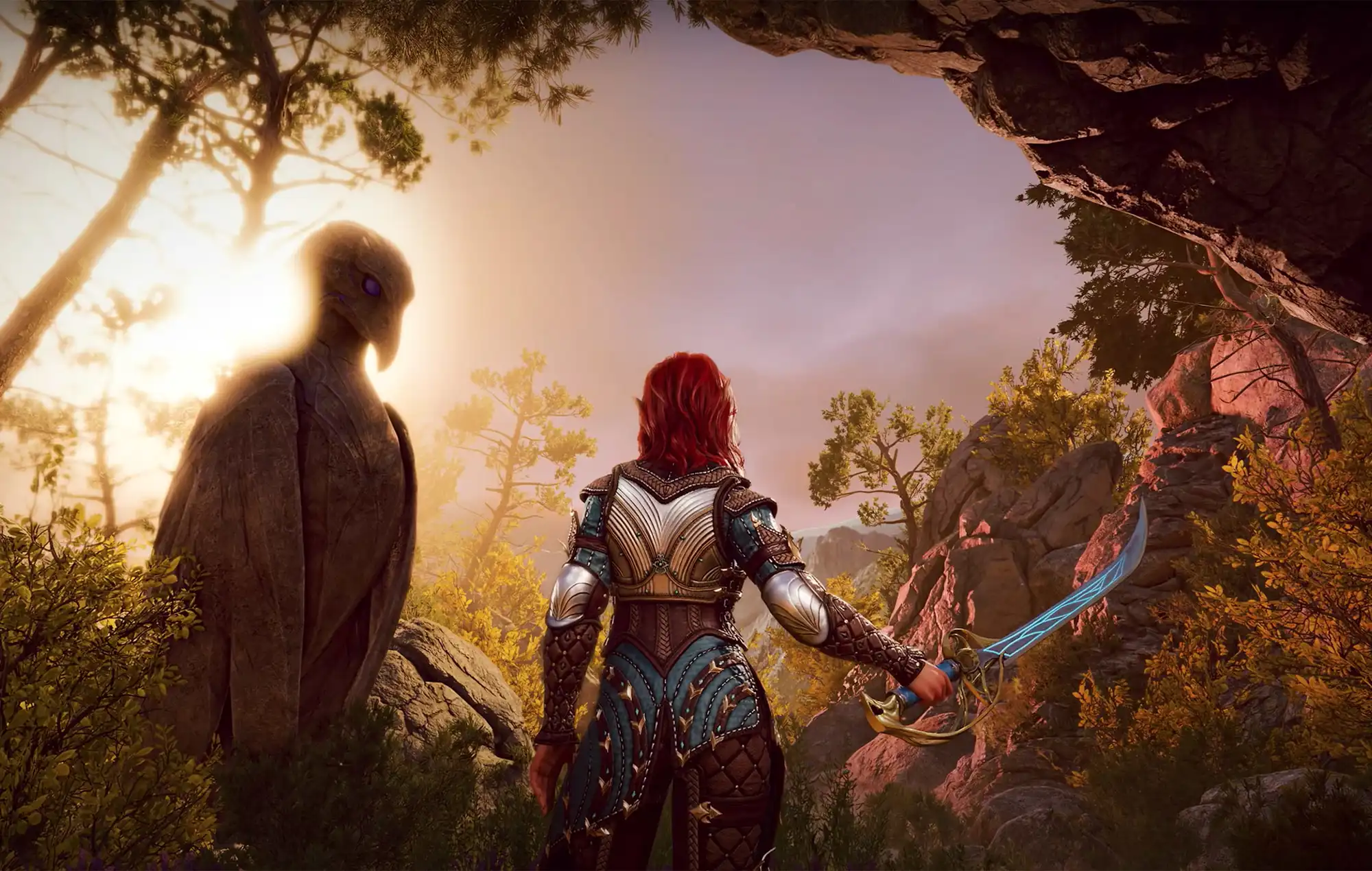Video games have evolved greatly over the years, likely more than any other medium. One such development is the inclusion of moral decisions within role-playing games (RPGs).
Baldur's Gate 3, an upcoming RPG by game studio Larian, specializes precisely in this realm. This game allows players to venture through a world where their choices significantly impact the endgame.
The protagonist of the game, a member of the Hellriders, is required to swear an oath to protect the city of Elturel. This is an integral part of the character's storyline.

Juxtaposed against the heroic image we have of a paladin, the reality is that oaths can be broken—something this game emphasizes.
Moral Complexity in Video Games
The game does not shy away from exploring the moral complexity of breaking oaths. An act typically viewed as morally wrong, oath-breaking in Baldur’s Gate 3 does not necessarily lead to an evil character.
In fact, the game highlights that breaking oaths can sometimes lead to a greater good. It expands on the archetypal 'good versus evil' dichotomy, instead embracing a more nuanced portrayal of morality.
These moral complexities make the game feel lifelike. It can lead the player to question their character's decisions and the potential ramifications.
Consequently, the game provides an immersive and reflective gaming experience.
Breaking the Stereotypical Paladin
Baldur's Gate 3 also breaks the stereotypical image of a paladin. Contrary to conventional depictions of paladins as stalwarts of integrity and righteousness, players are allowed to fashion flawed and relatable characters.
Even if players choose a darker path for their character, the game doesn't judge them. This diversity further enhances the appeal of the game.
The allowance for moral ambiguity brings an unpredictable element to the game. This ensures a unique experience for each player, as events shake out differently each time the game is played.
The protagonist's decisions will have consequences defining the character's identity, thus adding a further layer of depth to the game's narrative.
The Importance of Player Choice
Larian has cleverly incorporated player choice into Baldur's Gate 3. Each choice will reverberate throughout the course of the game, highlighting the significance of each decision.
This addition of decision-making engages players on a more profound level. It imparts a sense of responsibility, making the gamers feel connected to the characters.
At the same time, it affords them the creative freedom to shape the game's narrative. Hence, the game's narrative becomes a unique reflection of the gamer's personal choices.
These factors contribute towards making Baldur's Gate 3 a groundbreaking RPG, one which is keen on exploring morality on a much deeper level.
Conclusion
Larian's Baldur's Gate 3 represents the culmination of many years of video game evolution. It brings a spotlight to the moral landscape within video games.
By exploring the moral implications of a traditionally 'black-and-white' subject such as oath-breaking, the game provides a fresh perspective on RPG narratives.
This, combined with the weight given to player choice, contributes to rendering a complex and riveting experience unique to each player.
In finality, it is highly evident that video games like Baldur's Gate 3 have elevated the medium beyond its humble roots. They now serve as platforms to engage players in moral dilemmas and complex narratives that enhance the gaming experience.